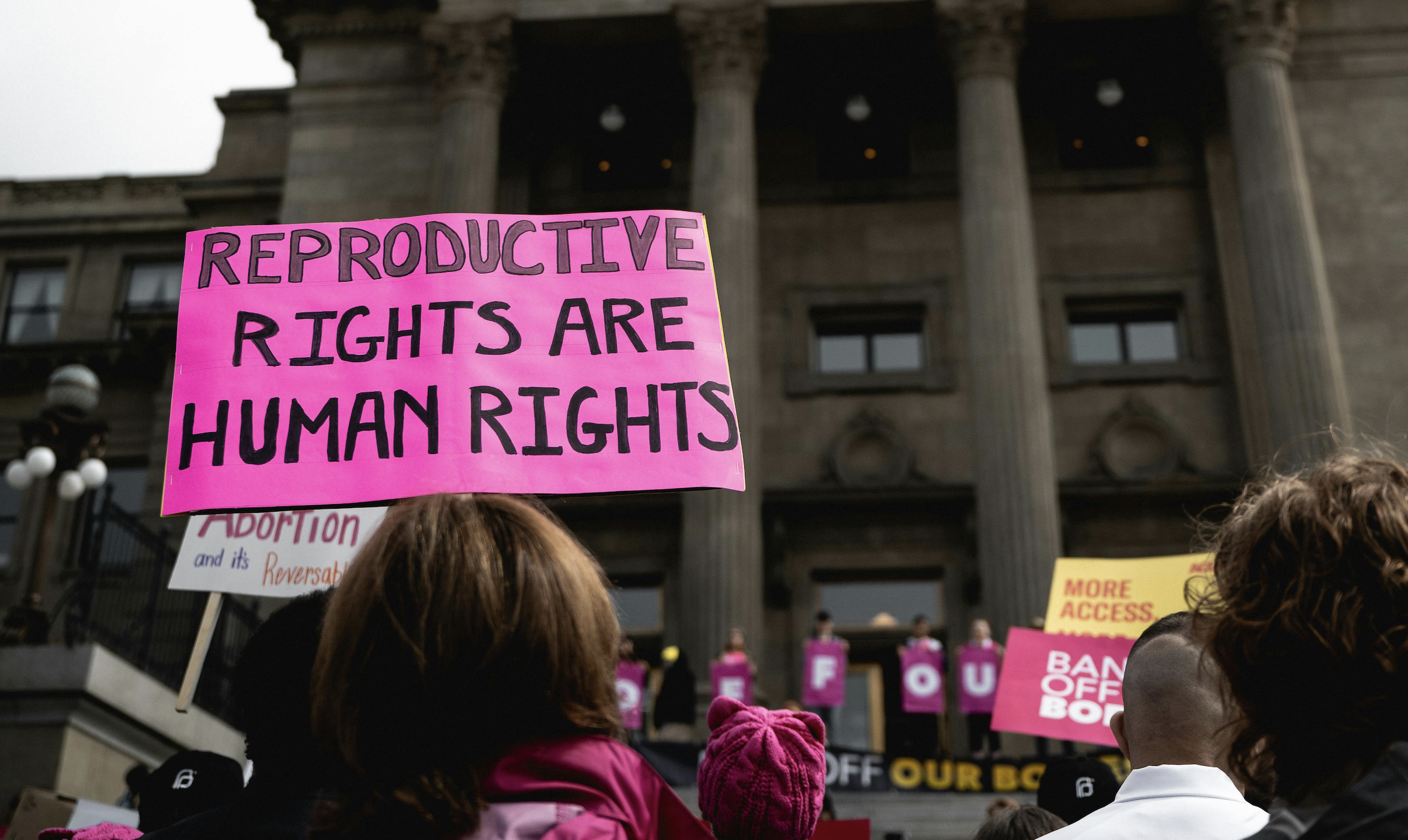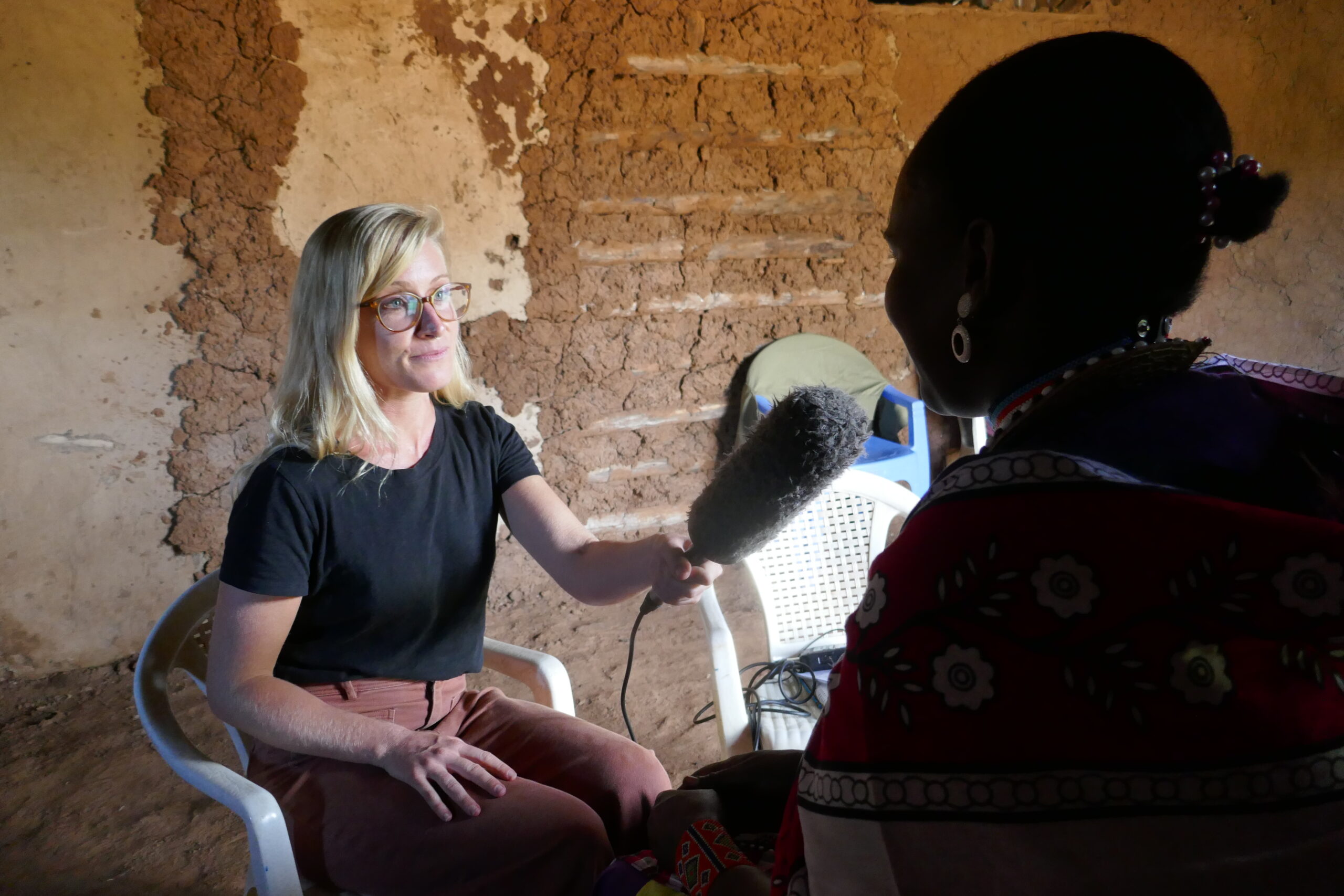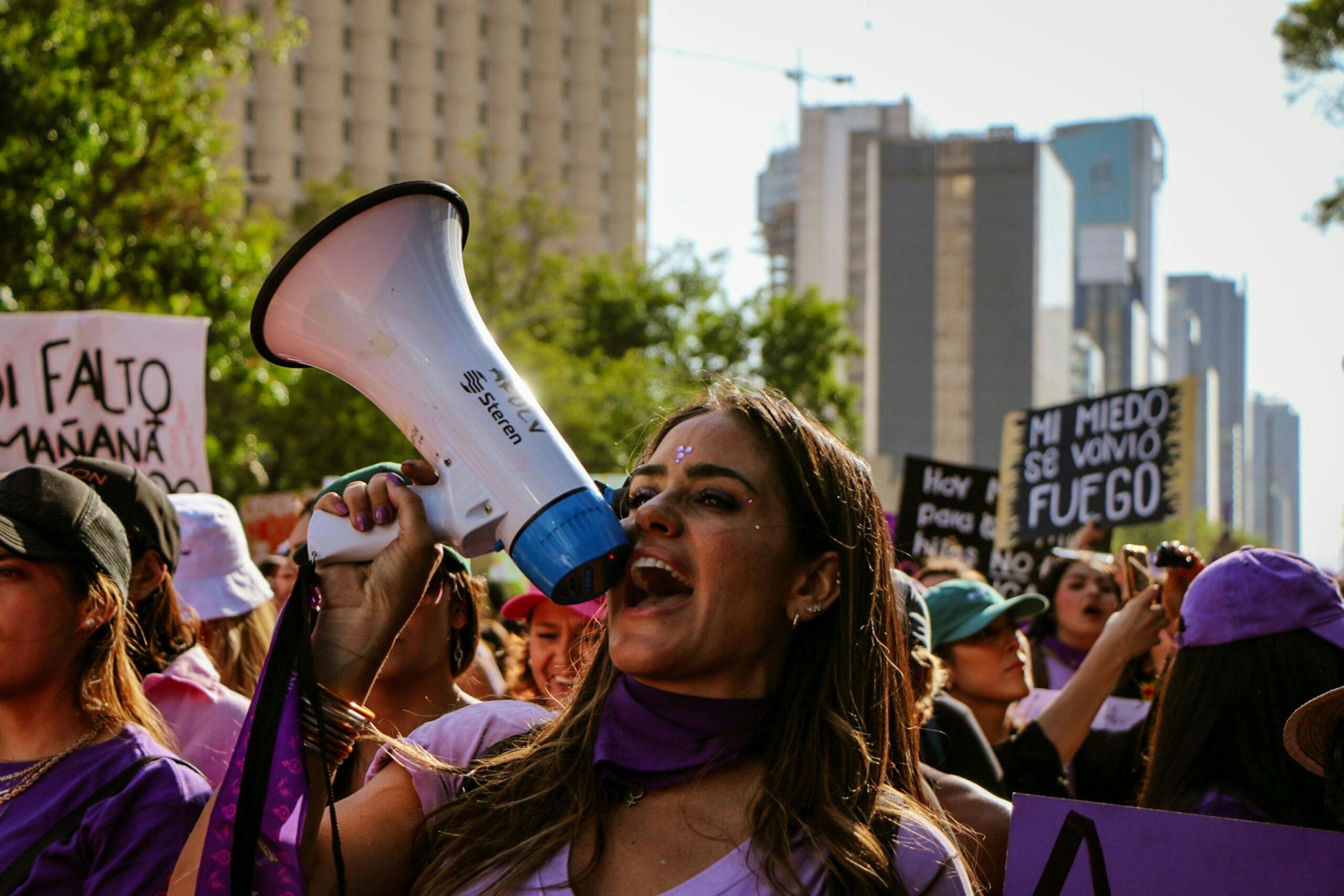
By Yvonne Martinez
“The union prepared us for the fight for political rights denied us under Apartheid.” A quote from my South African Mineworker colleague Kenny Mosime, at our graduation from the Harvard Trade Union Program in 1994.
Based on actual events and set at Harvard University, my book, “Scabmuggers,” tells the story of how four women, outnumbered, fought off a Trumpian bully and his allies against every kind of bigoted, sexist abuse. How we did it and won, is our story.
When I came home after my stint at the Harvard Trade Union Program in Cambridge, Mass, an Executive Program for Trade Unionists from around the world, I wrote down what happened to us there because I thought no one would believe it. I submitted it as a screenplay to my graduate adviser, who praised it. I was encouraged to send it out but it went in a drawer because I had to get back to my work as a labor negotiator/organizer.
I retired and Trump got elected. It all came back to me. Friends who’d read the story couldn’t believe that such brutes existed. We knew they did and now they are in power.
Authoritarianism has moved in to break the back of the grand American Democratic experiment; a democracy based on principles of equality, justice and representation irrespective of gender, race, class, physical ability, sexual preference and every “nontraditional” human expression. Institutions that support these principles like the academy, news organizations, courts, churches, schools, trade unions and civil administration are under full scale attack. Immigrants and the most vulnerable are being targeted.
Where can we draw inspiration to fight back? What we face now is a crisis and an opportunity to rebuild our institutions from the bottom up.
“In political life,” Kenny said at our Harvard graduation. “We had no voice. In the union, we did. The union was the training ground where the disenfranchised learned to fight for democracy.” In South Africa, in the worst of Apartheid, workers pulled their labor, built their power based on the only thing they had, their own labor power. In the worst conditions, the powerless found their power. What I learned in that fight at Harvard, prepared me for the fights ahead as a labor organizer in two major city campaigns, one White and one Black.
The first thing I learned is that you have to have the fight. And second, how you have the fight matters.
In my many years as a representative of American workers of all races, genders, creeds and abilities, each time, their ability to mobilize and withhold their labor was the only thing they had to protect themselves. Protect themselves from their bosses and from their own unions.
In the city of Portland, workers, mostly White, built a bottom up campaign through a series of creative direct actions including wrapping City Hall in red tape, circling it with umbrellas to send a message they were ready to strike rain or shine, and organizing a rally to honor the Reverend Martin Luther King. The 500 plus-worker rally was the first, if not the only, Union event of its kind in a city that had historic sundown laws.
They rallied to honor the slain Black civil rights leader, who died on the side of labor. It was 2001, a time when white municipal workers in Portland, Oregon identified with the Black municipal garbage workers in Memphis. This was before the putrid rancor of race and gender hatred found widespread footing across this country.
As part of their campaign to fight layoffs and cutbacks, City of Portland workers exposed the City of Portland’s excesses through a “Tour of Porkland.” They mounted a bus to make well publicized stops to expose the City’s squandered money on the Mayor’s secret sweetheart deal for a ball stadium; money for an esplanade that she eventually had named after herself, and a new trolley line to patronize well-heeled downtowners. They led a wild cat strike by refusing to give out parking tickets and only warnings at downtown businesses and led a short strike in the wake of the 9/11 bombings.


City of Portland workers kept the city accountable and they kept their Union Executive Director accountable. The Union’s Executive Director, under pressure from the City, could not force a change in their contract that the city wanted–a change that would have undermined key job security protections. He knew the union’s organized base would revolt. He went as far as to kick elected leaders out of the room when meeting with the Mayor and her deputies. To no avail. The organized base of workers pushed back on the concessions he wanted.
In the city of Oakland, a mostly Black union membership of reform activists organized a series of direct-action campaigns including exposing the front-page city’s racist ticketing practice, where the affluent, who lived in the Oakland hills got warnings for the same infractions that flatlanders got tickets for. They led campaigns that exposed inequities in the library, the Building Inspection Division and parking adjudication.
Ultimately, they exposed a sweetheart deal that an unelected “officer” of the union had brokered with the city that got him privileges, no show work, days off and other perks in exchange for watering down key lay-off language in the contract. They got him sent back to work, revoked his sweetheart deal and saved their contract. They put the devil back in the hole.
In two very distinct cities, these campaigns taught me what the power of an organized base can do to fight bullies both at work and in their unions. Like at Harvard, we built a base out of what we had, fought back and found a way out of no way. In cities across the country where workers come together to pull their labor and their commensurate power, they can win against any kind of bully behavior and autocracy. Now is the time to rebuild.


Yvonne Martinez is a retired labor negotiator/organizer. She has been published by ZyZZyVa, Crab Orchard Review, Labor Notes, and NPR. She also formerly wrote a local labor blog in the San Francisco Bay Area. Her memoir in essays, “Someday Mija, You’ll Learn the Difference Between a Whore and a Working Woman” was endorsed by Shondaland.
ABOUT THE BOOK: For anyone interested in the intersection of feminism and politics, ‘Scabmuggers’ (She Writes Press, September 16, 2025) is an inspiring, based-on-a-true-story tale of fighting back against sexism in the labor movement, set against the backdrop of Harvard in the 1990s. As soon as courses at Harvard begin, student Ana finds herself being stalked by a classmate. Word quickly gets out to the rest of the cohort—but not wanting to get anyone kicked out, Ana refuses to name names. With their program director insisting there’s nothing she can do to intervene if no one names the perpetrator, the class becomes engulfed in a campaign to protect Ana that splits the group into two camps. Some of the men join the women to fight the harassment; some of the women join the harassers. In short order, the conflict becomes a fight for power that divides along race, sex, LGBTQ, and class lines—mirroring the heartbreaking history of the labor movement, and serving as a precursor to our current political landscape.
















